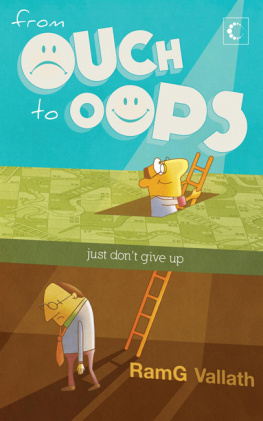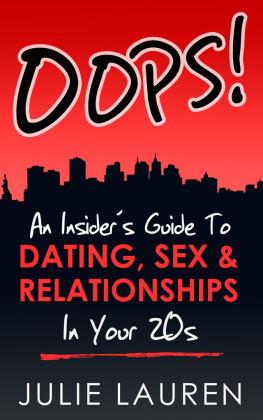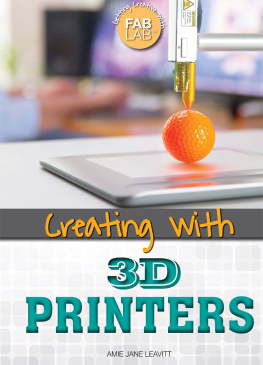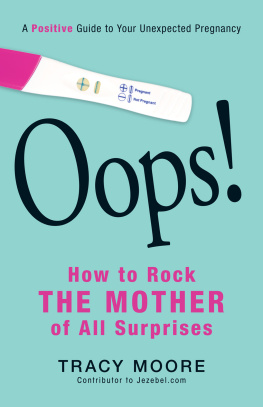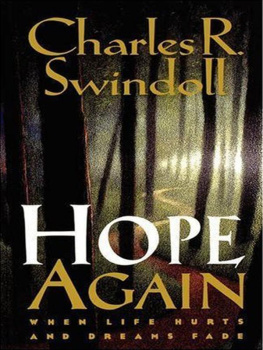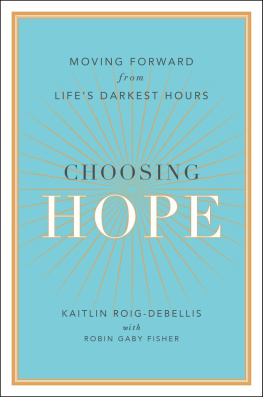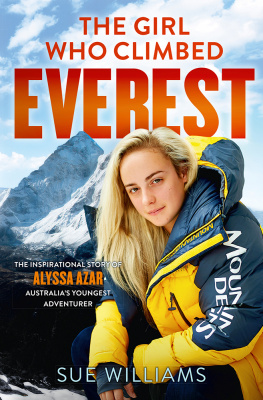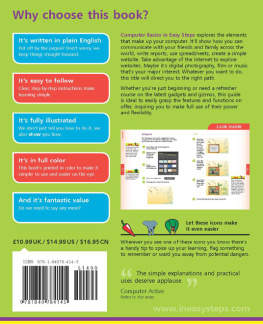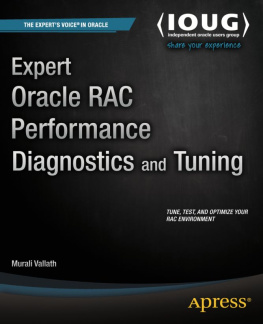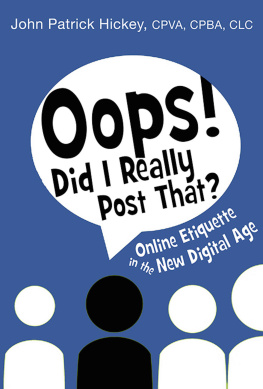
First published in India in 2011 by
HarperCollinsPublishers India
Copyright Ramgopal Vallath 2014
ISBN: 978-93-5136-817-5
Epub Edition October 2014 ISBN: 978-93-5136-818-2
2 4 6 8 10 9 7 5 3 1
Ramgopal Vallath asserts the moral right to be identified as the author of this work.
The views and opinions expressed in this book are the authors own and the facts are as reported by him, and the publishers are not in any way liable for the same.
All rights reserved under The Copyright Act, 1957. By payment of the required fees, you have been granted the nonexclusive, nontransferable right to access and read the text of this ebook on-screen. No part of this text may be reproduced, transmitted, downloaded, decompiled, reverse-engineered, or stored in or introduced into any information storage and retrieval system, in any form or by any means, whether electronic or mechanical, now known or hereinafter invented, without the express written permission of HarperCollins Publishers India.
Cover Design and illustration: Pinaki De
www.harpercollins.co.in
HarperCollins Publishers
A-75, Sector 57, Noida, Uttar Pradesh 201301, India
77-85 Fulham Palace Road, London W6 8JB, United Kingdom
Hazelton Lanes, 55 Avenue Road, Suite 2900, Toronto, Ontario M5R 3L2
and 1995 Markham Road, Scarborough, Ontario M1B 5M8, Canada
25 Ryde Road, Pymble, Sydney, NSW 2073, Australia
31 View Road, Glenfield, Auckland 10, New Zealand
10 East 53rd Street, New York NY 10022, USA
This book is dedicated to all the protons in the universe who continue to remain positive in spite of the negativity whizzing around them
Contents
The meeting was scheduled for 8 a.m. I was up at 5 a.m. Not because I was a health freak and had to stand on my head in a complex yoga pose or sweat it out in the gym for an hour. I just had to take a bath, have my breakfast and, most important, do up the six buttons of the shirt I would wearthree tasks that any healthy person would have completed in thirty minutes or less.
But I needed three hours because of my condition: CIDP, short for Chronic Inflammatory Demyelinating Polyneuropathy, a rare autoimmune disorder which weakened my arms and legs.
This was in 2009 and I was Director, Volume Operations, for HP India. It was my first meeting in Singapore with the Asia Pacific leadership team, and I did not want to run the risk of appearing too casual by putting on a T-shirt. So there was no way of avoiding the six buttons.
I had planned it all out meticulously. I would order the breakfast at 5.15 a.m., finish my shower before room service arrived, then put on my clothes and finish the breakfastall by 7.30 a.m., so that I could be in office well in time for the meeting.
But even before I could get to the buttons, my calculations started to go completely awry. I had to pull a small steel lever to start the flow of water from the shower head, and my fingers just did not have the strength for that. I first tried to pull the lever with my left hand, then with my right, and then with both. By this time, I had broken into a sweat but the shower did not start.
The mild jetlag had acutely worsened my condition, and my hands and fingers were almost useless and trembling uncontrollably. I decided to abandon the bath. I quickly soaked a towel and started to wipe myself clean as best as I could. Holding the heavy water-soaked towel and moving it up and down my body was quite a challenge. But I managed to complete the sponge bath just in time to open the door, wrapped in a towel, for room service.
And then it was time for the most excruciatingly difficult task. I had to put on a shirt. I slipped it on and closed my eyes in a silent prayer to Lord Ganesh, the remover of obstacles. I knew that I needed all the help that I could get. My hands trembling uncontrollably, I reached for the top button with my right hand while holding the buttonhole with my left. With every fibre of my being focused on the act of positioning the button exactly next to the buttonhole, I tried again and again to push it through, but in vain.
Over the next half hour, I must have attempted this at least ten times. But each time, the right thumb failed to muster sufficient strength to push the button through. It kept slipping out of my weak fingers.
After every minute, I would have to drop my hands because my biceps did not have enough strength to hold them up. After a fruitless half an hour, I decided to try doing up the buttons while lying in bed so that I did not have to hold my hands up. It was also easier to position the button exactly next to the buttonhole this way. Finally, after another half hour of sweating, trembling and struggling, I managed to do the top button.
It took me ninety minutes to finish buttoning up the entire shirt. By the time I was ready, I knew that there was no time to have breakfast. At 7.30 a.m., I rushed to the office and managed to reach the conference venue just in time.
But the twenty minutes I spent in the car was all that I needed to recover mentally. I was ready to be the life and soul of the meeting. I had bounced back. I always do. That is why I am the most positive person I have ever met.
I appreciate that springing the above episode on you without any background was a bit like putting the cart before the horse. So let me step back a bit and present to you the horse. I mean, let me walk you through some events in my life which taught me important lessons and helped shape me. This will also shed some light on the context of what I just described.
To build the horse from scratch, I have to go all the way back and introduce you to my parents. They were the epitome of an average Indian middle class family of the 1970s. My father was an engineer in the Kerala State Electricity Board and my mother was a homemaker (referred to as a housewife in those days of political incorrectness). I had an elder brother, Balagopal Vallath, who was called BalG by everyone. I was born two years after him in 1968. I was called RamG, short for Ramgopal.
After embracing a socialist model, the country had experienced slow economic growth. It was also disconnected from the global economy. Our closest ally was the Soviet Union. The West was, for us, a demon symbolizing greed and colonization.
My parents, like most people of their generation, believed in socialism. They were also extraordinarily idealistic. In a country where caste lines were clear and rigid, they inculcated in us the belief that all human beings are born equal. In a country which has substantial representation of at least five religions and which had witnessed religious strife that caused the deaths of hundreds of thousands of people in just a few decades, they inculcated in us the belief that there is only one god and that all religions are true. In a country where the chasms between classes are unbridgeable, they taught us the concept of respecting every human being and treating everyone as an equal.
My father had strong views about how we should be educated. He insisted on enrolling us in government schoolsvernacular ones at that, where every subject was taught in Malayalam, my mother tongue. This was seen as an act of utter stupidity by his peers and relatives. They felt it was the equivalent of flushing us down the drain. Good English-medium education was seen as the only way for the middle class to break barriers and make a quantum leap into the upper or at least the upper-middle class and a government school was not perceived to be capable of delivering the kind of education required for this. Most middle class parents enrolled their kids in privately run or convent schoolsthe ones run by various parish churches. Consequently, I studied in the type of schools which were abandoned by the upper class and the middle class of society.
Next page
